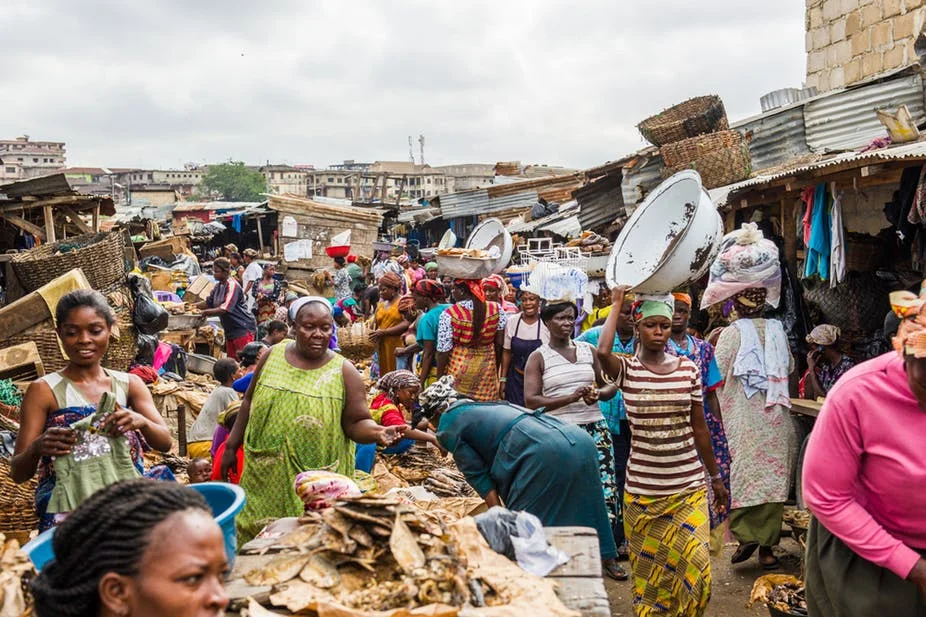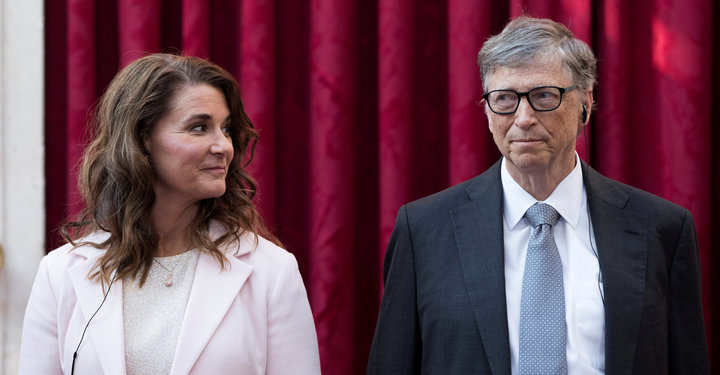India's Bihar Province Women Launch Assault On Alcohol With Dramatic Wins For Families
/Women in India's Bihar State province are waging battle against moonshine, writes the New York Times.
Bihar is a state in East India, bordering Nepal. It is divided by the River Ganges, which floods its fertile plains. Important Buddhist pilgrimage sites include the Bodhi Tree in Bodhgaya's Mahabodhi Temple, under which the Buddha allegedly meditated. In the state capital Patna, Mahavir Mandir temple is revered by Hindus, while Sikhs worship at the domed, riverside Gurdwara of Takht Sri Harmandir Sahib Ji.
It's easy to conjure up images of women taking their drunk-husband lives into their own hands in the image of Carry Nation, the temperance advocate who attacked saloons in America, hatchet in hand.
But the reality of everyday life in Bihar state province is that the majority of per capita income of $600 a year is routinely spent on alcohol, rather than to advance impoverished families.
Bihar’s chief minister, Nitish Kumar found himself in the fight of his political life two years ago against the Bharatiya Janata Party, the party of Prime Minister Narendra Modi. A single womanly voice turned the tide of his political campaign, approaching him after an event with the simple words:
“Brother, ban alcohol.” With a lot of self-reflection on the possible consequences, Kumar agreed with the pledge: “If I get elected, I will ban alcohol.” He was re-elected and his women supporters were poised for action, saying nada to Kumar's plan to introduce the ban slowly.
As controversial as the ban has been -- and many agree that the punishments are too harsh -- the impact of the alcohol ban cannot be denied.
Murders and gang robberies are down almost 20 percent from a year earlier, and riots by 13 percent. Fatal traffic accidents fell by 10 percent.
At the same time, household spending has risen, with milk sales up more than 10 percent and cheese sales growing by 200 percent six months after the ban. Sales of two-wheeled vehicles rose more than 30 percent, while sales of electrical appliances rose by 50 percent. Brick houses are rising in villages where mud huts used to predominate.
Women went after the biggest drinkers, men like Omprakash Ram Chandrawanshi, 35, who was interviewed for The Times.
“If I earned 500 rupees, I would spend 200 on alcohol,” he said. He earns the equivalent of about $200 a month as a driver, he said, but “I often wouldn’t bring any money home.”
Now, his family has more money for food, he pays for tutorials to help the children in school, and he has been able to expand the brick house shared by the extended family. Simply stated, he has dignity.
In an unimaginable show of force, more than 30 million Biharis, fully one-quarter of the population, joined hands along 7,000 miles of roadway in January in a show of support for the alcohol ban. This time men were leading the parade, but there's no doubt who supplied the momentum for families in the province to buy books, not booze. The change happened because of India's women.












